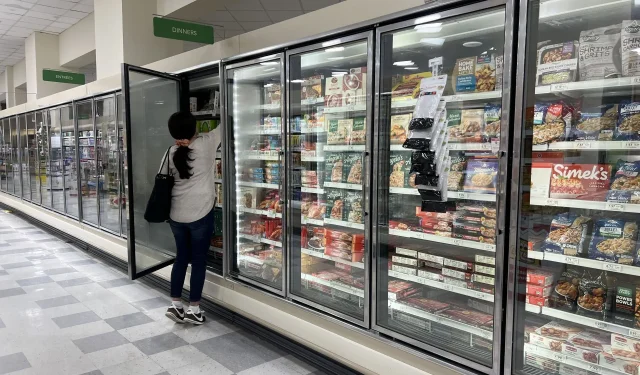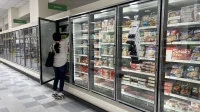Understanding Recent Changes in FDA Food Safety Inspections
Recently, a claim circulating online suggested that the FDA is discontinuing its food safety inspections. While this assertion is misleading, it reflects ongoing structural changes within the agency aimed at reallocating inspection duties to state authorities.
As reported by CBS News on April 18, FDA officials confirmed that although they are exploring outsourcing options for inspections, they will maintain their regular operational protocols. This shift hints at a gradual transition that has been in discussion for several years, which would require congressional approval to be finalized.
Retention of Critical Inspections Under FDA Oversight
As food recalls rise, accompanied by heightened safety concerns, the public has reacted anxiously to rumors regarding the suspension of FDA’s routine inspections. CBS’s investigation aimed to clarify these misconceptions, revealing that the FDA remains committed to its inspection responsibilities.
A spokesperson from the agency clarified:
“The claim that the FDA is suspending routine food safety inspections is false. The FDA is actively working to ensure continuity of operations during the reorganization period and remains committed to ensuring critical programs and inspections continue.”
The FDA plans to outsource routine inspections primarily to focus on high-risk areas, ensuring that inspections of “critical foods,”such as infant formula, along with foreign inspections, will continue to fall under federal jurisdiction.
Current Framework of Food Safety Inspections
The US Food and Drug Administration (FDA) and the United States Department of Agriculture (USDA) play pivotal roles in maintaining food safety standards nationwide. While the USDA primarily oversees meat, poultry, and egg products, the FDA is responsible for 80% of the remaining food supply inspections.
States play an essential role in enforcing food safety regulations and are integral stakeholders. The FDA collaborates with 43 states and Puerto Rico through contractual agreements, allowing for state-assisted food safety inspections.
To guide these inspections, the FDA has established a Food Code, which serves as a regulatory framework for states and local entities. Inspections are categorized into three types: surveillance, compliance follow-up, and for-cause, targeting food facilities and agricultural operations.
Rationale Behind Outsourcing Inspections
A report from the Government Accountability Office, published on January 8, 2025, revealed that states currently conduct one-third of routine food inspections. However, the FDA has consistently failed to meet the inspection targets established by the Food Safety Modernization Act (FSMA) since 2018, citing understaffing as a significant hurdle.
In a related development, Reuters reported on April 17 that the FDA is suspending its quality control program for food testing labs due to severe staff reductions. A former employee noted the overwhelming workload and inefficiencies that arise from duplicating efforts between federal and state agencies:
“There’s so much work to go around. And us duplicating their work just doesn’t make sense.”
While proponents of outsourcing argue that it enables the FDA to concentrate on priority issues, critics express concerns over potential declines in inspection quality and public safety standards.
For more in-depth information, readers can access the FDA’s official resources regarding food safety inspection processes.


